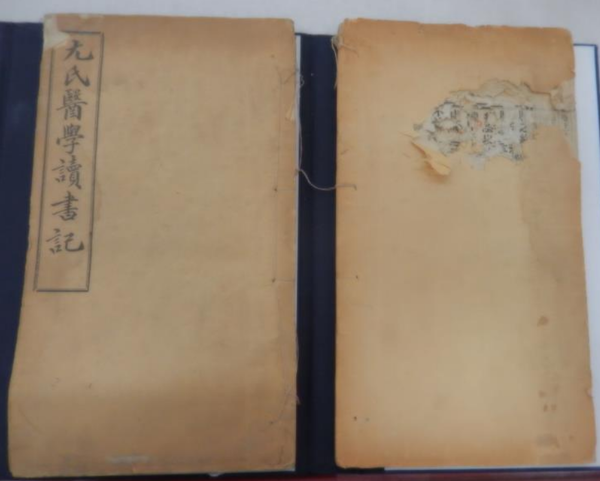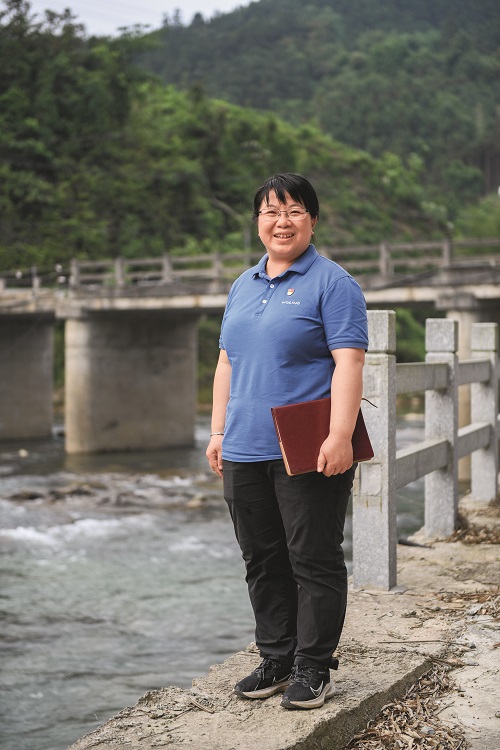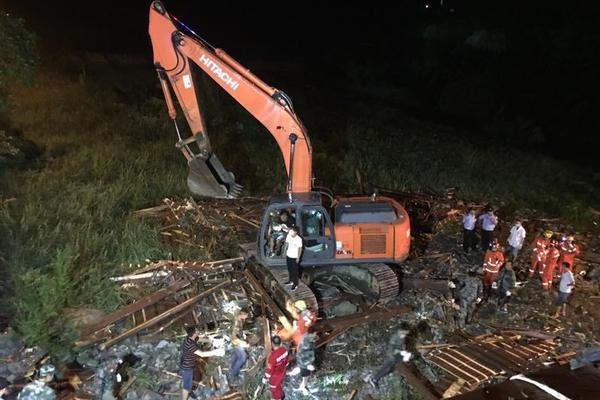Germany said Wednesday that it plans to follow several other countries in resuming cooperation with the U.N. relief agency for Palestinians in Gaza after the publication of an independent review of its neutrality.
The previous day, a Palestinian health official said that a tent camp in Khan Younis, seen under construction in satellite imagery, was being set up to house displaced people who are currently sheltering in a hospital and is not related to any impending military operation. Its presence underscores the struggle to find shelter in Gaza, where some 80% of people have fled their homes.
More than half of the territory’s population of 2.3 million have sought refuge in Rafah, where Israel is expected to mount an offensive soon.
The conflict has led to regional unrest, pitting Israel and the U.S. against Iran and allied militant groups across the Middle East. Israel and Iran traded fire directly this month, raising fears of all-out regional war.


 Related articles
Related articles




 Wonderful introduction
Wonderful introduction



 Popular information
Popular information